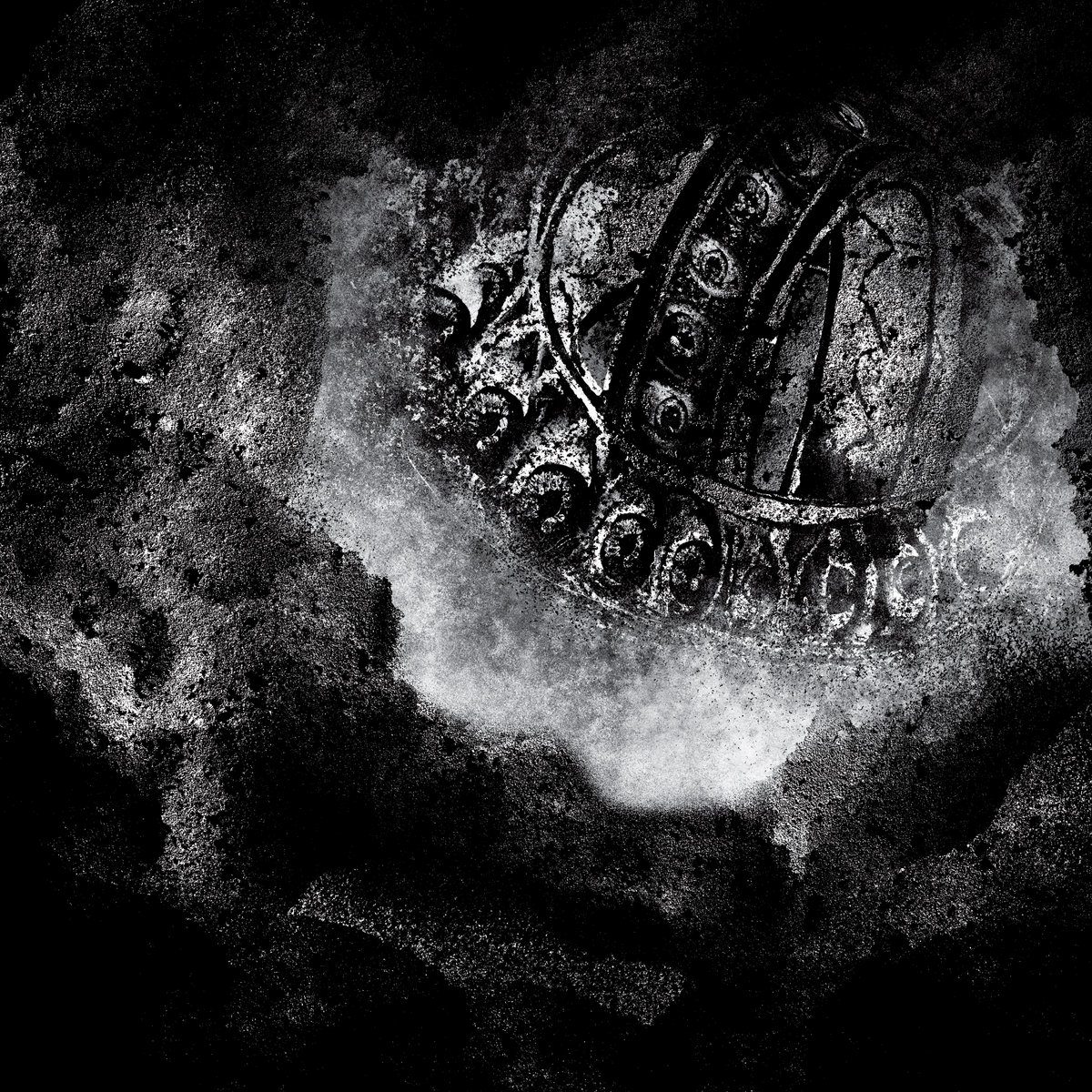Full of Hell & Primitive Man – Suffocating Hallucination | Album Review
/Closed Casket Activities
Finding comfort in expressions of grief, anger, pain, and disgust has become commonplace in the modern era. It isn’t a comfort that evokes feelings of peace, necessarily, but more so a sense of understanding and even community. The world we’ve been sentenced to inhabit has been gutted by capitalistic greed, and society is being consumed by corporate, political, and religious zealots. Bigotry and hate flow freely from the mouths of these cretins, often to roaring applause, and any sort of resistance is violently snuffed out by militarized cops who stand for property over people. It’s difficult to trust your own blood these days, let alone your neighbors or a stranger. Metal bands Primitive Man and Full of Hell capture that tension and the overwhelming dread of modern life within the pummeling walls of disquieting noise and aggression on their collaborative album Suffocating Hallucination.
It’s easy to let the noise of it all wash over you and not dig deeper. That’s a lot of what I love about it. That overwhelming wall of noise is part of the comfort. It’s all so massive. Experiencing it live, really feeling it, is like immersion therapy. But to leave it there is to miss the bleak, poetic despair of the lyrics. You won’t be able to decipher what’s being said without having the words in front of you. However, following along as the album unfolds truly enhances the experience and allows for that understanding, or commiseration, to be reached.
“Today a cherub, whose hand I held, spit in my face,” opens the record and sets the unflinching tone of what’s to come. For five tracks that span over half an hour, Primitive Man and Full of Hell conjure chaos through vocals, riffs, percussion, and noise. While this sonically feels more in line with the towering doom metal that Primitive Man are known for, Full of Hell’s contributions are undeniable on every track. This is most clear on “Bludgeon,” a 25-second grinder that acts as a perfectly placed centerpiece with the lyrics reading, “Nothing to hold on to that has not been killed from being set free.” The effort to effectively communicate such emotions often goes unremarked when discussing bands of this ilk, but I’d be remiss not to shine a spotlight. I cannot read lines like the ones above and not feel a punch to the gut that forces me to reflect. The world is a horrifying place for a lot of people right now. Someone you once knew and loved is now unrecognizable in their hate and delusions. The government is actively suppressing the existence of trans people. It’s endless. It’s suffocating.
My history with both Full of Hell and Primitive Man began in 2017 with the respective releases of their albums Trumpeting Ecstasy and Caustic. At the time, I was engrossed in the emo scene, but I’d cut my teeth on hardcore/hardcore-adjacent bands, so wading into these grindy, doomy waters wasn’t uncommon. While I was open to and familiar with plenty of music I would deem as “heavy,” I can pinpoint my first listen of Caustic as a turning point in my life. I’d never heard anything quite like it. I’d certainly never heard anything that was heavy in that way. The music was ginormous and punishing in a way I’d never experienced before. The vocals were guttural shrieks straight from hell, with the lyrics and artwork matching the barren, dilapidated ruins in which the album exists. This isn’t heavy in a fun way. This is devastation expressed through the loudest, darkest sounds imaginable. Once the door was opened, there was no closing it. I was hooked, and it didn’t take long for me to shed my skin and return to the heavy realm I grew up on, only now it was meaner, bleaker, and heavier than ever before.
And rightfully so. Caustic, as well as Trumpeting Ecstasy, felt urgent upon their release as a spotlight was shown on the struggles of life that hundreds of thousands of people endure on a daily basis in 2016 with the election of Trump (at least in the States, specifically). Hell, in my personal life, 2016 is the kickoff year for a mountain of strife that would fall upon me and my family. I didn’t intentionally seek out meaner, bleaker, and heavier music, but when I found it, it connected like nothing else. I hadn’t cognitively processed or addressed my afflictions when I dove into modern death/grind/doom/metal, but the feelings it pulled from me were palpable, and the power was undeniable. I was converted. I had found my church.
Primitive Man and Full of Hell have both been at it for over a decade, and they’ve been prolific from the get-go. Since their albums in 2017 alone, Full of Hell has released two LPs, a collaborative album with The Body, an EP, and a split with Intensive Care. Primitive Man released an LP, two splits (one with Unearthly Trance and one with Hell), the Steel Casket demo, and the Insurmountable EP, which is longer than most albums, including Suffocating Hallucination. Through their output, they’ve consistently proven that they seek exploration and collaboration in their work. Both bands began with more of a straightforward approach and have evolved over time to the behemoths they are today by incorporating more harsh noise and experimental soundscapes. The two crossing paths for Suffocating Hallucination is a logical pairing. They’re at the height of their powers and firing on all cylinders making the album tight and ripe for repeat listens. Passages like the hypnotic ending of “Trepanation for Future Joys” and the instrumental “Dwindling Will'' showcase how well their sensibilities meld together and how they’re still able to be a looming giant without utilizing their entire arsenal.
Since finding them years back, both bands have continued to draw from the well of brutal inspiration to exhilarating results, and their first collaboration together is no different. I’m curious to see how this union rubs off of the two bands in their solo efforts moving forward. What’s evident is that connection through dissonance can yield frighteningly compelling results. There’s a lot to be found within all the noise. The anguish is communal, and coming together in shared desperation can produce captivating art if only you take the time and dig a bit deeper to understand it.
Christian Perez is a member of the band Clot and is always trying his best to exist gently.











